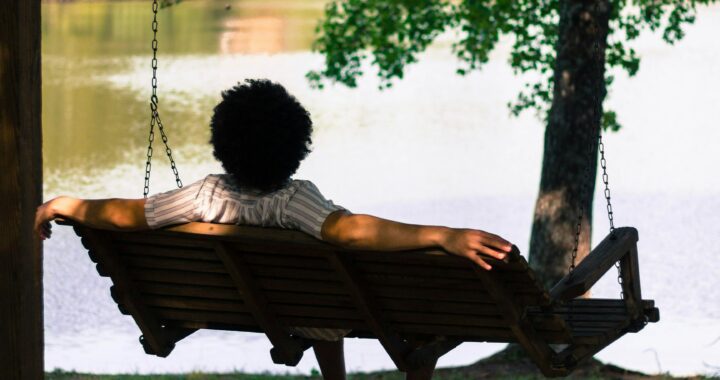Provisions for Off-Campus Housing Lackluster
4 min readAt the University of Mary Washington, 43 percent of undergraduates live off-campus, according to the College Board.
They mostly live close by, within walking distance—if they’re lucky. Places like Rowe Street, Charles Street, Franklin Street, Caroline Sreet and Mortimer Street. For the most part, they live in small, poorly kept houses built in the 50s.
They usually pay decent rent prices, somewhere between $300 and $400, with utilities usually around $50 or so per month, depending on their Internet and TV services.
While almost half of UMW students choose to rent private homes or apartments, the university does next to nothing to help them in this effort.
I propose that UMW enhance their housing office to help students arrange for living off campus.
Currently, the Office of Student Life, and the housing office at Marye House have a tab on their website titled, “Interested in Off-Campus Housing?”
At first glance this may sound like a helpful place to begin your search for RA-less digs your sophomore or junior year. However, the first line on that page read, “The Office of Student Life does not offer an Off-Campus housing service.”
Gotcha.
Granted, they do mention a “binder” available for your perusal at the office where “area residents post houses for rent and/or rooms in their homes for rent.”
When I was a sophomore, I went to see this binder. It was mostly a pile of outdated business cards from area apartment complexes stapled into a folder. There was nothing there I was interested in.
I was hoping for a recent list of houses available for rent, or apartments in small buildings downtown. I was perfectly capable of stopping by the Twilight Motel to rent a room for the year.
In my junior year of college, I moved into a four-bedroom house just down the hill from campus with three other young male adults. When I moved into the house, the walls were dirty, painted different colors, the bathroom smelled, the closets and backyard were full of old junk, and the skylights in the upstairs room barely kept the rain out.
I wrote the first rent check and security deposit before meeting the landlord or checking that the house was in good shape. I assumed that this wouldn’t be a problem as college students had lived in the house for the past number of years.
I only saw the landlord one time that whole year. Around the beginning of September, she drove by in a large SUV to say hi and then drove off. Our only contact with her until the end of the spring semester was the result of one broken toilet.
Around April, after we had all decided to move out of the house and on with our lives, we got word that we would not be receiving our $1,350 security deposit back.
I was not surprised. This had happened to me before, when I subleted a room for one semester the year prior. After two consecutive landlords tried to take advantage of college students, I could only chalk it up to a loss.
My roommate was not pleased. For a good portion of his summer, he looked into legal action he could take, how to make a claim in small claims court and other ways to take revenge.
After a phone call with the landlord ended, “You’re not getting the money back. Sue me. [Click.],” there was no stopping him.
On Monday, Oct. 4, my roommate had his first victory in a court of law. The Fredericksburg judge awarded him $1,200 of the total amount. It was a surprising victory in a town where college students usually lose.
The university cannot afford for the 43 percent to return to campus. Every few years, some students end up in a local hotel for a while until the University can arrange to house them.
There are forced triples everywhere. This being the case, the university can only realistically house a little over half of its students. Why, then, is there no university-sanctioned resource for the others?
We need an administrated system of landlords and openings in houses, and apartments for students to use. Perhaps even a legal resource or student advocate for legal problems with landlords or apartment complexes.
At James Madison University in Virginia, the school has set up a system similar to Craigslist, with search criteria for rent, bedroom, bathrooms and any number of assorted locations.
Undergraduates, grad students, faculty/staff and property managers can log in to accounts to manage their searches. The school also provides a helpful “Feedback” tab.
Compared to JMU’s system, the fact that ours does-not-offer-an-off-campus-housing-service office seems antiquated and pathetic. Even if it isn’t reaping the benefits of having them pay for room and board, it is high time the university began taking care of the other half of their students.











